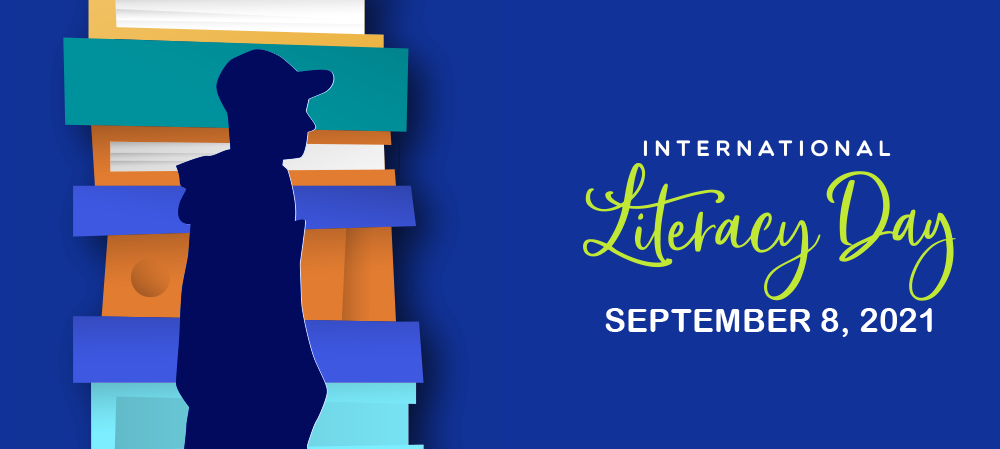“Today a reader, tomorrow a leader.” – Margaret Fuller
International Literacy Day is an international observance created by the UNESCO, otherwise known as the United Nations Educational, Scientific and Cultural Organization. This day is celebrated yearly on September 8th and is intended to remind individuals, communities, and societies of the vast importance of literacy across the globe. The 2021 ILD will be celebrated under the theme of “Literacy for a Human-Centred Recovery: Narrowing the Digital Divide.”
What is literacy and why is there such an intensified effort to promote literacy? Essentially, literacy is more than just reading and writing. It is the ability to identify, understand, interpret, create, communicate and compute, using printed and written materials associated with varying contexts. Literacy involves a continuum of learning in enabling individuals to achieve their goals, to develop their knowledge and potential, and to participate fully in their community and wider society (UNESCO, 2004; 2017).

Despite its complex definition, literacy provides the foundational access to meaningful engagement within our classrooms and everyday lives. Naturally, humans have an inherent drive to express themselves, to learn new things, and grow in experience, whether academic or not. Reading, writing, speaking, and listening are at the core of literacy but creativity in communication is left entirely to the individual.
According to the UNESCO, despite progress made [in the promotion of literacy-centred programs and initiatives], literacy challenges persist with at least 773 million young people and adults lacking basic literacy skills today. This is why access to relevant material, such as technology, internet, books, and other school-related resources are vital to a child’s overall development in literacy.
In light of a global pandemic, the education landscape has drastically changed. Providing alternative measures for learning has quickly shown the uneven distribution of opportunity for many families. Indeed, many disparities in services, such as access to school meals or even electricity, has driven a need to reimagine the way we provide learning opportunities, especially for non-literate youth and adults across the globe.
A good homefront is just as important as the classroom environment, whether virtual or in-person. Here are a few tips to supporting good literacy habits from the comfort of your own home:
Many studies have shown that children who read more are more likely to have better academic achievement throughout their entire academic career. This is why encouraging a natural love for reading is a step towards a wonderful path!
Take part in celebrating International Literacy Day 2021 by inviting many literacy experiences into your home!